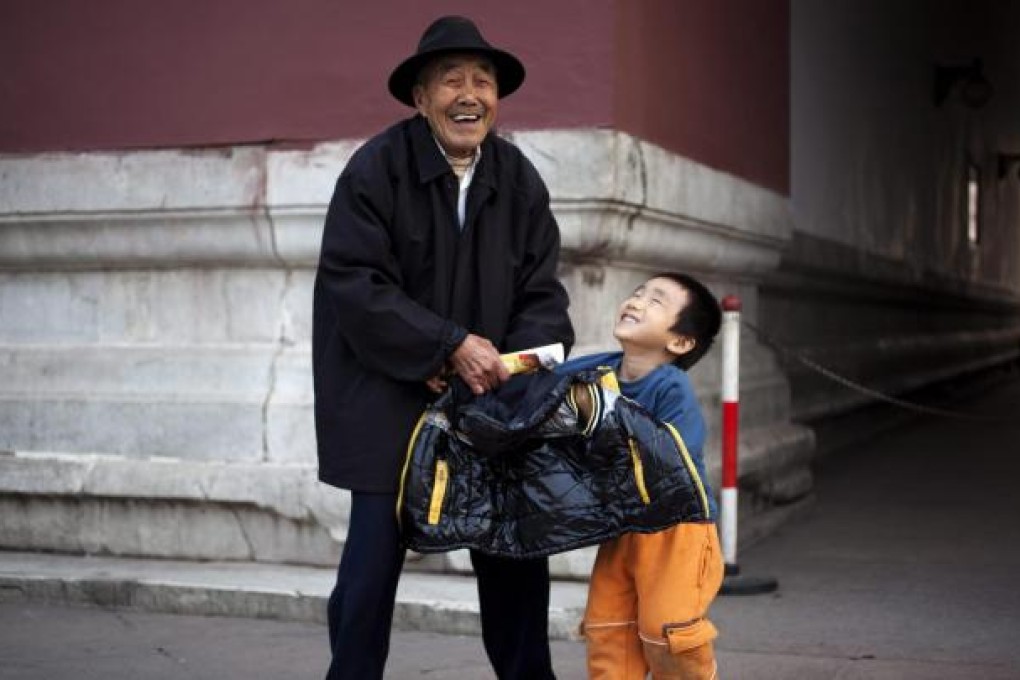Age of opportunity awaits in mainland China
The number of people over 65 years old will triple by 2050, but analysts say that despite the changes businesses will still benefit

While many would expect China's ageing population to have a negative impact on its economy, some analysts think differently.

"China has reached a stage where it has fewer young people joining industry than those who are retiring," Somers said.
By 2050, he said, the number of people in China over 65 years old would be triple today's figure. This would benefit firms making machines that could substitute for human labour, Somers said.
Cosmetics or skin care companies such as Estée Lauder would also flourish on the mainland as people looked for ways to make themselves appear younger.
Firms that produced baby formula might consider making dairy-based products for elderly people as well, he said.
Retired people also have more time to travel, which will benefit the travel industry and firms that make aircraft engines, such as French firm Safran.